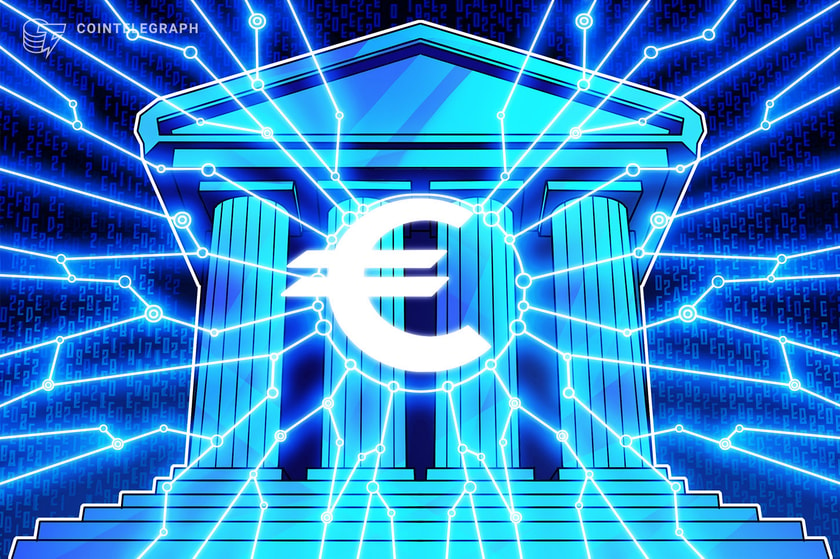As the various stakeholders within the European Union continue to research the potential of a single central bank digital currency (CBDC), the representatives of both private and public banking institutions share their opinion on the digital euro.
In a fresh issue of the bi-annual Views Magazine, published in April, the topic of the digital euro received a heavy amount of attention from a number of speakers.
Evelien Witlox, the program manager of digital euro at the European Central Bank (ECB), lays out three digital euro use cases prioritized by the ECB. These are person-to-person payments made between individuals; consumer-to-business payments, including e-commerce and purchases made in a physical shop; payments to/by the government.
The use cases are a sensitive area to private bankers. As Jerome Grivet, the deputy CEO at French bank Crédit Agricole S.A., notes:
“Central bank digital money could threaten the traditional banks’ business model by competing with their collection activity and disrupting their financing capacity.”
Grivet insists that to avoid this, the digital euro should be limited to the use as a payment method rather than a store of value. That is something Burkhard Balz, a member of the executive board at Deutsche Bundesbank, agrees on. Balz underscores that the ECB and national central banks should avoid extending their footprint in the ecosystem too much, while it is the private sector that would run the distribution of the digital euro. The economic incentives, in Balz’s opinion, are essential to involve the intermediaries:
“They should, therefore, not consider the provision of digital euro services as a sort of obligation but should explore the economic potential by developing and competing for creative solutions.”
Another side of the project which should actually be persuaded into the use of the CBDC is the customers themselves. It is difficult to predict how customers will react to this new form of central bank money and to what extent the general public will adopt it, Grivet reminds, citing a not-so-successful example of Chinese digital yuan adoption. Witlox from the ECB is aware of this concern and promises that the CBDC will be user-friendly and take on board those who cannot afford a credit card or don’t have a bank account:
“In line with its public good nature, a digital euro would also be basically free.”
As to the potential issues with anonymity, Witlox claims the ECB has no interest in users’…
Click Here to Read the Full Original Article at Cointelegraph.com News…
